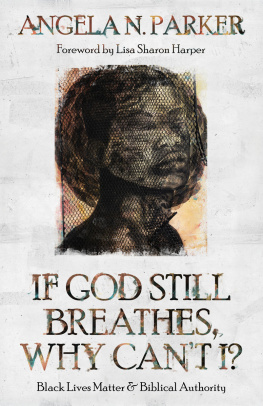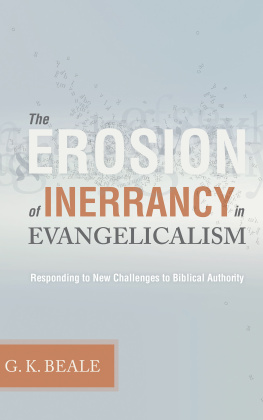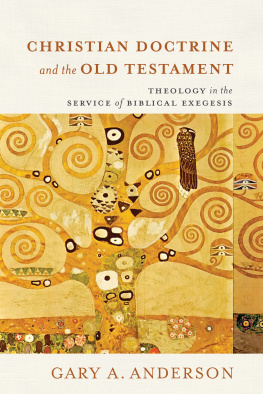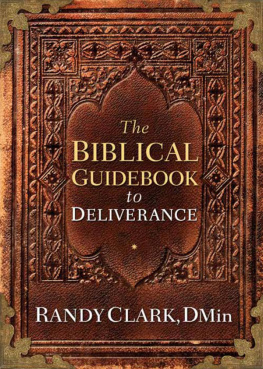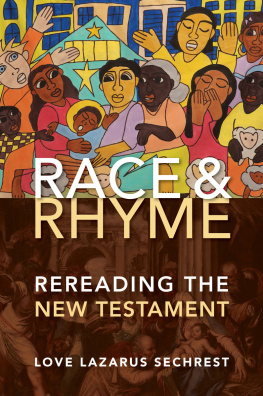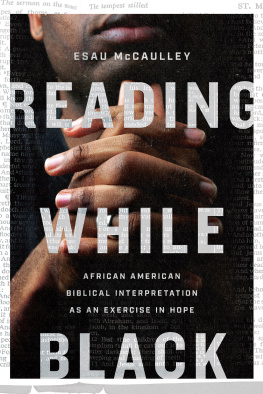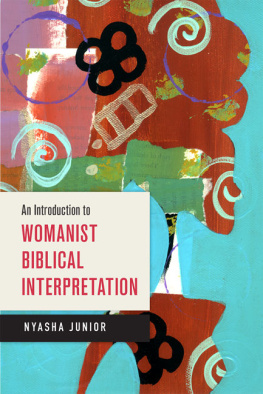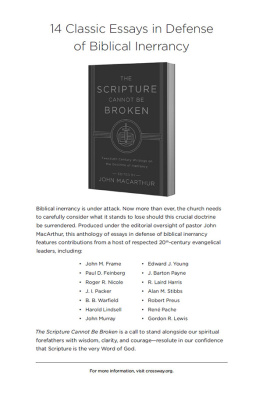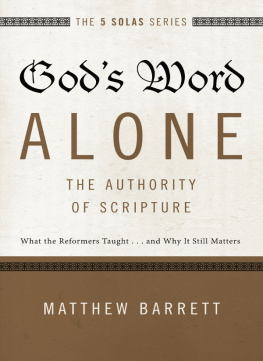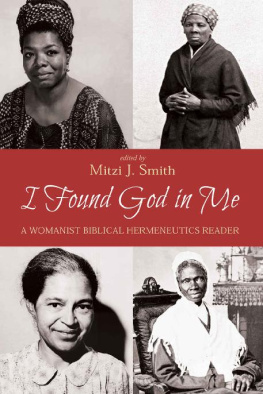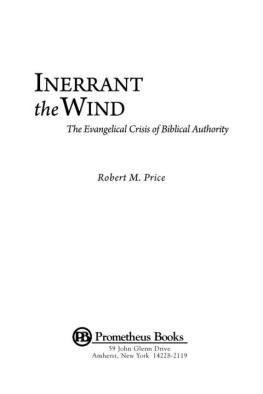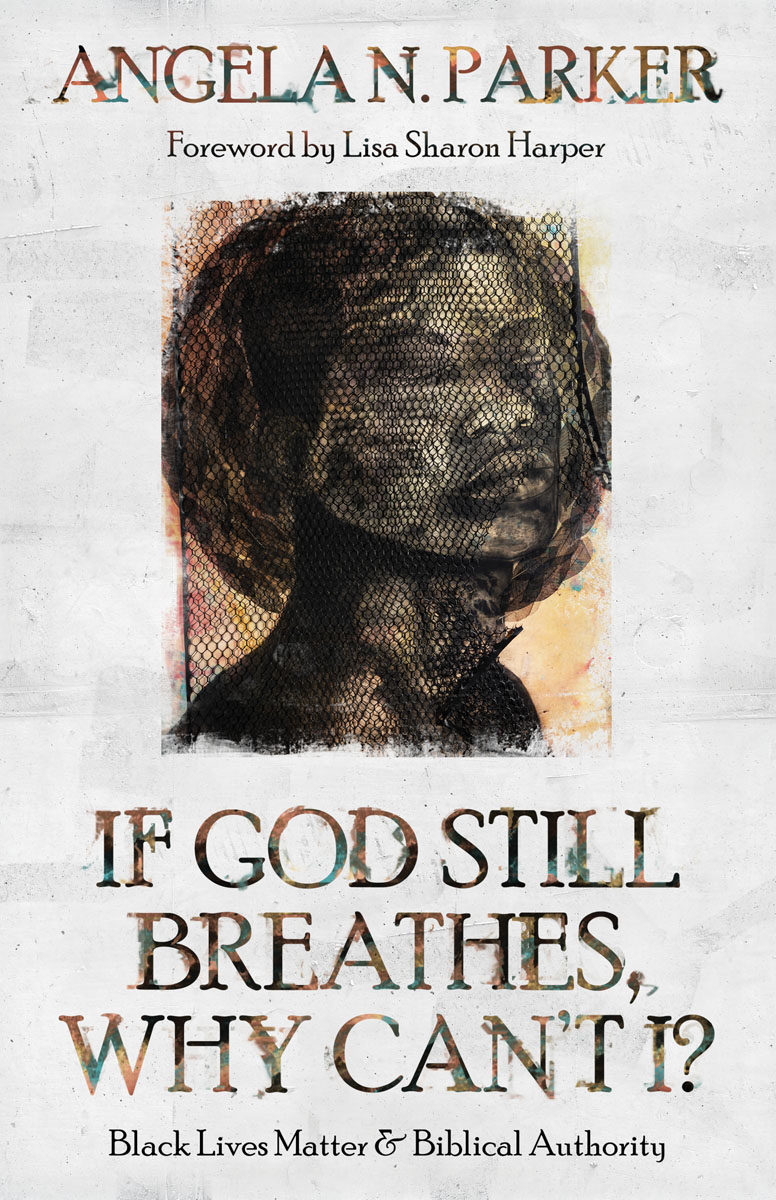
Ive been waiting for this book! If God Still Breathes, Why Cant I? brings a fresh perspective to the biblical text that makes it come alive with hope of liberation for all people. Dr. Angela Parker calls us past the superficial into a deep engagement with a contextual theology that is relevant and life-giving. We must rethink how to address the racial and social injustices taking place in the world today, and I am convinced that the way forward is womanist! So if you want to become brave enough to move from being a concerned bystander to an active participantthis book is for you! I highly recommend it.
Brenda Salter McNeil
author of Becoming Brave: Finding the Courage to Pursue Racial Justice Now
Dr. Parker understands the power of testimony to speak truth. This book marks a path away from death-dealing forms of scholarly formation in evangelical biblical studies and toward thriving life in a field and for a field. Parkers powerful text adds greatly to a growing number of theologically rich antiracist and antisexist resources for addressing our current struggles. Now we have yet another weapon of righteousness.
Willie James Jennings
author of After Whiteness: An Education in Belonging
This book invites readers to embrace justice and Black Lives Matter by taking them on a journey of personal re-membering and critical reflection toward a womanist consciousness. Dr. Parker employs the metaphorical language of God-breath (inspired scriptures) and breathing (liberating interpretation that embraces all bodies and blackness) unobstructed by the suffocating, breath-taking authoritarian claims of whiteness-centered biblical scholarship buttressed by doctrinal claims of inerrancy and infallibility.
Mitzi J. Smith
author of Womanist Sass and Talk Back: (In)Justice, Intersectionality, and Biblical Interpretation
What might the church be like if we were a people who walked with each other so well that we all made it home? In this spirit (ruach) filled book, Dr. Angela Parker calls with courage for us to release the white supremacist authoritarianism of inerrancy and infallibility. She invites with vision for us to journey into a living relationship with the Bible, one in which we need notand, in fact, must notleave our embodied experiences and identities behind. This book offers womanist air, as vital as it is God-breathed.
Jennifer Harvey
author of Dear White Christians: For Those Still Longing for Racial Reconciliation
Wm. B. Eerdmans Publishing Co.
4035 Park East Court SE, Grand Rapids, Michigan 49546
www.eerdmans.com
2021 Angela N. Parker
All rights reserved
Published 2021
Printed in the United States of America
27 26 25 24 23 22 21 1 2 3 4 5 6 7
ISBN 978-0-8028-7926-4
Library of Congress Cataloging-in-Publication Data
Names: Parker, Angela N., 1971 author.
Title: If God still breathes, why cant I? : Black Lives Matter and biblical authority / Angela N. Parker.
Description: Grand Rapids, Michigan : William B. Eerdmans Publishing Company, 2021. | Includes bibliographical references and index. | Summary: A challenge to the doctrine of biblical inerrancy and its role in propagating White supremacist authoritarianism in the Christian churchProvided by publisher.
Identifiers: LCCN 2021007967 | ISBN 9780802879264 (paperback)
Subjects: LCSH: Race relationsBiblical teaching. | White supremacy movementsReligious aspectsChristianity. | AuthoritarianismReligious aspectsChristianity. | Black lives matter movementReligious aspectsChristianity. | RacismReligious aspectsChristianity. | Womanist theology. | Bible. New TestamentCriticism, interpretation, etc. | BibleEvidences, authority, etc. | United StatesRace relations.
Classification: LCC BS680.R2 P37 2021 | DDC 261.8/3dc23
LC record available at https://lccn.loc.gov/2021007967
This book is dedicated to important maternal teachers: my biological mother and first spiritual teacher, Argie L. Welch; my doctoral mother, Seung Ai Yang; and my Biblical Hebrew mother, Ellen F. Davis.
Thank you!
Contents
Introduction:
What Is Your Relationship to the Bible?
Conclusion:
Breathing Womanist Air
Foreword
I sat in the living room of my small 3.5-room apartment in Washington, DC. The documentary crew buzzed behind camera lights that washed the room in white light. They were there to conduct an interview for a documentary celebrating the five-hundred-year anniversary of the Protestant Reformationthat moment on October 31, 1517, when Martin Luther nailed his Ninety-five Theses to the door of All Saints Church in Wittenberg, Germany. One does not have to be a scholar of Luther to understand the impact of that moment. Having endured the centuries-long conflict over papal authority between the Eastern and Western churches, Luthers Theses formed an earth-shattering crack inside Western Christianity. Five hundred years later, democratized Western Christianity is strewn with thousands of cracks, each forming a new denomination or non-denomination.
As we closed the interview, the documentary director asked a simple question: What is the work of the church for the next five hundred years? My answer: If the first five hundred years after the Reformation was about the democratization of our faith, then the work of the next five hundred years will be its decolonization.
The Protestant Reformation was a particular event, in particular space, at a particular time, addressing particular issues that arose within a particular geographical, historical, and geopolitical context. The Reformation flowed from the lineage of Constantinethe state-based imperial European church. The Roman Church flowed from the Roman Empire, an arguably White supremacist empire. At the heart of the Roman Empire was the belief that its civilization was ordained to rule the world. Dr. Kelly Brown Douglas points out that Aristotle coined the term western supremacy, which shaped Roman discourse and life and fueled the European imperial and colonial projects of the next two thousand years.
The pontifications of Reformation leaders were directly related to that lineage, rooted in the pattern and practice of domination, colonization, and imperial rule. The Ethiopian Church was also a state-based church, but it was not rooted in the patterns and practice of colonization and imperial rule. Thus, it developed differently as its scholars, theologians, and priests addressed different questions rising out of its particular context.
Context matters. The entirety of Scripture was written and originally read and heard within the context of the colonized or those under threat of colonization. Every single writer of the entire Bible was a colonized person, under its threat or recently released from slavery. Likewise, every single writer of Scripture was Brown. The color of their skin does not matter intrinsically. In the Hebrew Bible, all of the characters were Brownboth the colonists and the colonized. But the entire New Testament was written by Brown colonized Afro-Asian peoples in the context of the White and western supremacist Roman Empire. Color here is not about hues of the rainbow. It is about geopolitical context and power. It matters.
Likewise, the Protestant Reformation took place in a particular context. It took place within European struggles for power and dominance. It took place on the edge of the Age of Discovery, which quickly became the Age of Conquest and Slavery. Martin Luther nailed his Theses to the door in Wittenberg in 1517. The first slave ships sailed from Spain in the 1400s. Those ships did not traverse the Atlantic, but it did not take long. The first slave ship recorded in the Trans-Atlantic Slave Voyage database arrived at its destination in Vigo, Spain, in 1514, in the context of Catholic Spainthree years before Luthers Theses. Flip forward one century following Luthers monumental moment. Germany is entangled in global slavocracy, fueling its own economic well-being through industries that support the trade. Several German families financed Portuguese slave ships. One must face this simple truth: When a societys Christian faithfaith born from colonized and serially enslaved Brown peopledoes not cause that society to challenge and reject slavery outright, then there is a problem with the construction of that faith. To save our faith we must decolonize it.
Next page
